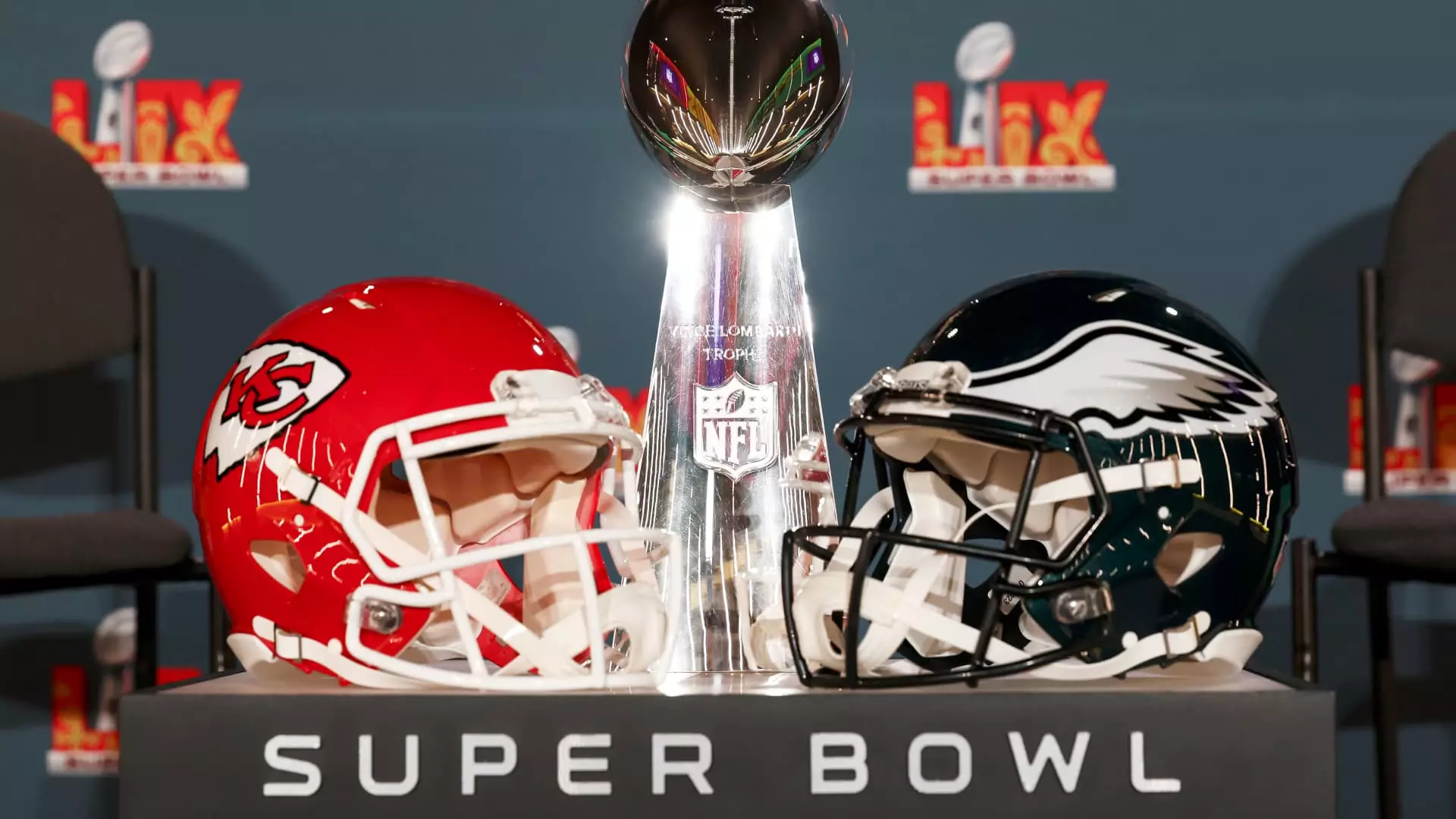The recent NFL crackdown on ticket reselling by players and staff reveals a deeper issue within the league’s culture—an obsession with profits that often eclipses the core values of fairness and integrity. While the league’s move to impose fines and restrict future ticket access might seem like a firm stance against unethical behavior, it also exposes a concerning reality: the system allows and even enables resale practices that undermine the integrity of the sport. The NFL, as a billion-dollar enterprise, has fostered an environment where profits from seemingly innocuous activities—like ticket resale—become a lucrative, hidden economy that rewards greed at the expense of fans and the sport’s credibility.
The Illusion of Ethics and the Profit Motive
Framing this crackdown as a moral stand, the NFL champions its integrity and commitment to fair play, but beneath the surface, it betrays a troubling prioritization of profit over principle. For many players and staff, selling tickets for profit isn’t merely about money—it’s about maintaining a perceived competitive advantage or simply capitalizing on the high demand for coveted Super Bowl seats. The league’s policy against resale is an acknowledgment that these practices threaten its image, yet the risks involved seem trivial compared to the enormous financial incentives. Fining players 1.5 times the face value, and employees twice that amount, feels more like a slap on the wrist than a real deterrent. It raises the question: does the NFL genuinely aim to eradicate these practices or merely suppress the symptoms while ignoring the systemic issues that create such incentives?
Power and Privilege: Who Really Loses?
The enforcement disproportionately targets lower-level employees and players who, perhaps motivated by economic pressures or a culture that trivializes such infractions, indulge in resale activities. Meanwhile, the league itself remains at the top of a sprawling web of economic interests—broadcast rights, sponsorships, merchandising—that heavily rely on keeping the spectacle exclusive and profitable. The real power holders, the NFL leadership, can soapbox about integrity, but their silence on the systemic inequalities fueling resale markets exposes a double standard. This enforcement seems less about justice and more about maintaining control and appeasing public perception, rather than fostering genuine ethical standards in a league that benefits from the very practices it condemns.
Is This Enough to Change the Culture?
Enhancing compliance training and increasing penalties, as the NFL suggests, may slow the resale game temporarily but ultimately fails to address the root causes. If the league truly wanted to promote fairness, it would rethink its approach to ticketing and access, ensuring that tickets are more equitably distributed and less susceptible to resale exploitation. Right now, the crackdown feels like a cosmetic measure—a way to ward off bad publicity without implementing substantive reforms. Until the NFL fosters a culture that values transparency and prioritizes fan experience over profit margins, these measures will remain superficial at best, serving as temporary Band-Aids on a much deeper wound within the league’s operational philosophy.

